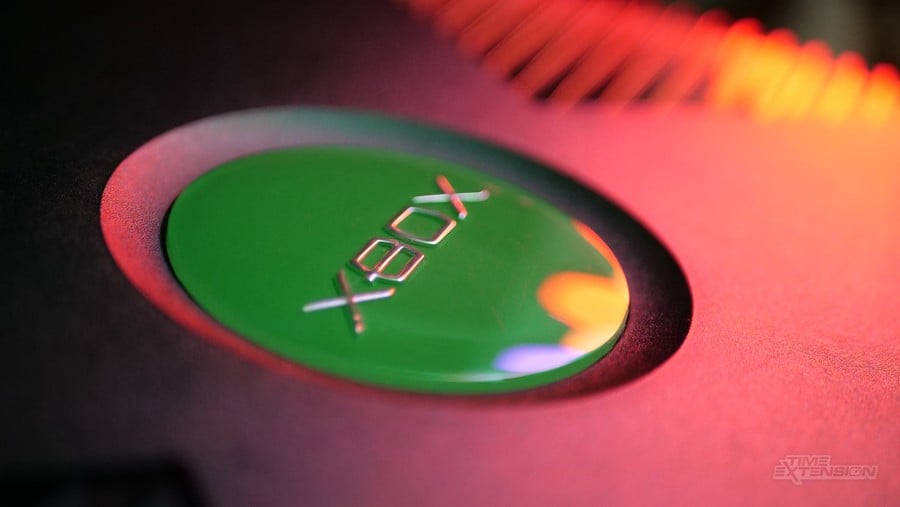
Layoffs aren't new in the games industry, and in recent years, we've seen numerous studios let go of staff or close down entirely. The game industry is in a difficult spot right now, and no company is immune, not even Microsoft.
Yesterday, the company behind the Xbox brand announced some of its most shocking cuts in recent memory. As reported by our sister site Pure Xbox, Perfect Dark has been cancelled and the studio behind it closed, Everwild has been canned at Rare, 50% of staff have been cut at Turn 10 Studios and multiple unannounced projects have been cancelled across the Xbox portfolio.
Furthermore, Gregg Mayles (designer on Donkey Kong Country and one of Rare's longest-serving employees), Louise O'Connor and Wil Overton have all been laid off, part of a 9,000-person cull across the Microsoft family.
All in all, it's been quite a kick in the teeth for Xbox and its fans, but some believe it signals more than just a cost-cutting exercise in reaction to a flagging industry – it means the Xbox brand as we know it is changing.
"The Xbox project has failed," says The Games Business' Chris Dring. "And as a result, Xbox is now a third-party publisher. One with a console and a subscription service, but a third-party publisher all the same. It is committed to hardware, but its partnership with Asus on the Xbox handheld, and the news of a Windows-focused future for its platform, suggests a different commitment to the one we’re used to."
Dring, who previously headed up GamesIndustry.biz, is a person worth listening to. He feels that Xbox's strategy of snapping up studios and publishers is the result of a fractured business plan, but it's one that has now led to the company publishing many of its games on rival systems:
"The result is an Xbox that’s radically different to the one we’d all come to know. The new Xbox is the company behind Call of Duty, Candy Crush, Minecraft, Elder Scrolls, Halo, Diablo, Forza, Fallout, Warcraft… and it boasts a catalogue of classic brands that go back decades. All those game can be found on almost every platform, and be accessed via Microsoft’s own subscription service, too. That’s what this new Xbox is all about.
But, rather painfully, the old Xbox is still here, too. 15/20 years ago, Xbox was a console that played Gears of War, Halo and Fable. In 2025, it’s still a console that plays Gears of War, Halo and Fable. But the course has been set. That old Xbox is no-longer the heart of this new organisation."
When Microsoft launched its Xbox initiative back in 2001, many assumed it would simply buy its way to dominance.
The original console was powerful but arguably arrived too late to put a dent in PS2's market share, but its successor, the Xbox 360, managed to go toe-to-toe with Sony's PS3 (even though both consoles were ultimately outsold by the Wii). The 360 created an entire generation of Xbox fans, but Microsoft's arrogance resulted in the Xbox One, a console that had a disastrous launch and never managed to catch up with the PS4.
With the current generation, Microsoft tried something new by offering two systems – the Series X and Series S – in an attempt to cover more of the market. It has also pushed its Game Pass subscription service, which offers first-party games at launch.
By all accounts, Xbox revenue is in a good place, but its hardware sales are down, so you can see why the people in charge have been considering ways of cutting costs and turning things around – it's just a shame that has resulted in promising titles being canned and staff being laid off.
